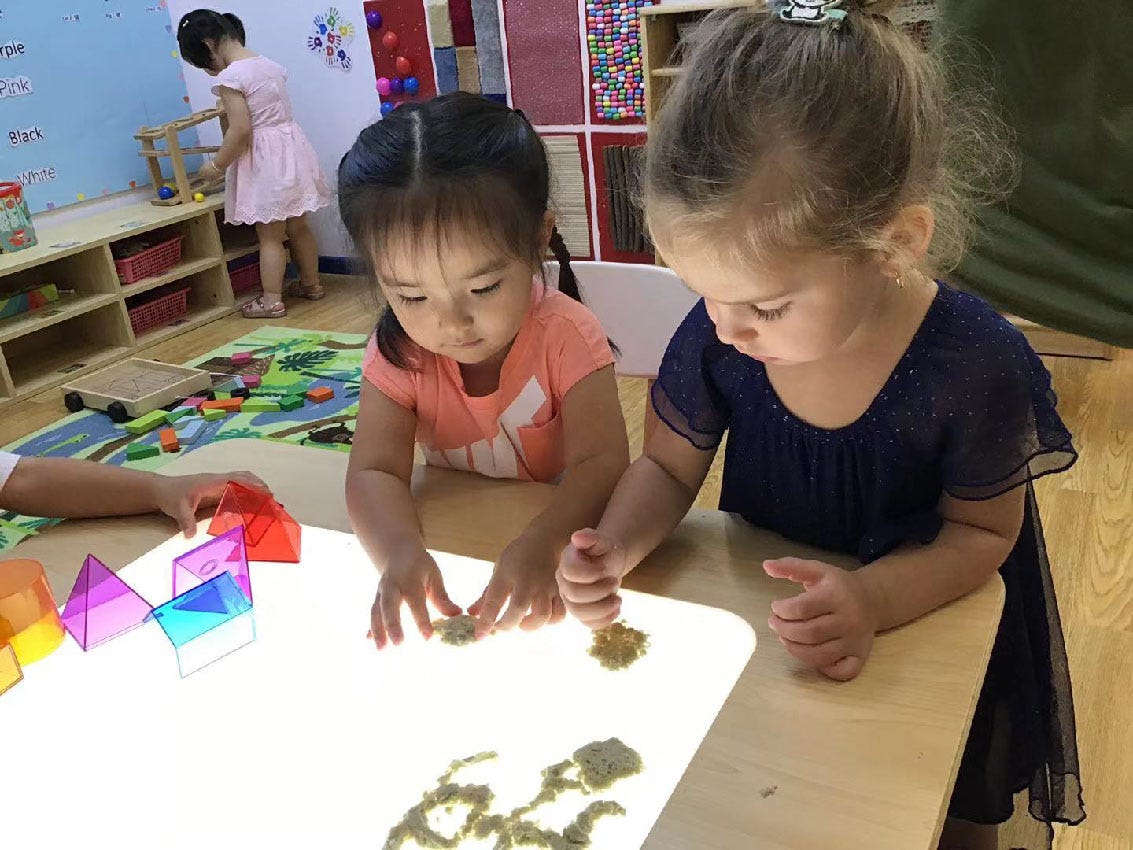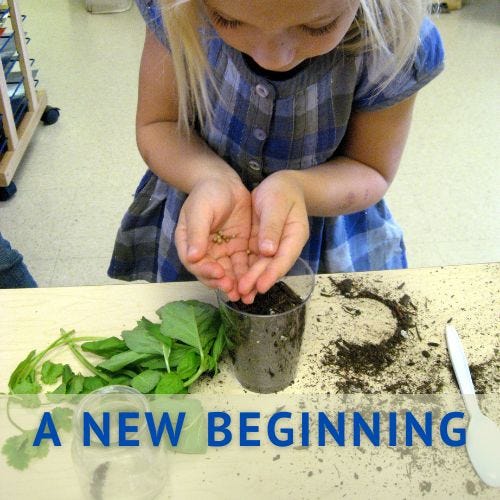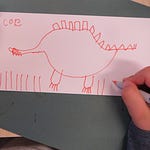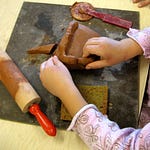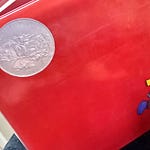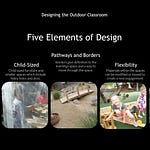In this course, we review several articles written by the educators of the Reggio Emilia schools. Here we share an article written by Dr. Lella Gandini entitled, "Values and Principles of the Reggio Emilia Approach” (Gandini, 2003).
When you register for this course, you will receive many articles and book lists, all downloadable content. This article concisely reviews the tenants of the Reggio Emilia Approach:
A strong image of the child as a powerful player in their own learning.
An educational system based on building relationships with each other and environment all around us.
An acknowledgement that parents are the child’s first teacher and therefore, a critical partner in the child’s learning experiences.
The environment sets the stage for engaging children and fostering growth in creative and inventive thinking. So powerful is the design of the classroom environment, that we consider it our third teacher.
Teachers act like researchers, documenting children’s stories, creations and wonderings. Through the documentation we make children’s learning visible to all. Through the documentation we design curriculum which is emergent in form and responsive to the needs and interests of the children.
Interests are discovered and researched, creating an inquiry based approach. Children as young a four-years-old will engage in long term projects. Project work teaches children how to research, experiment and create within a group context.
L. Gandini, 2003. “Values and Principles of the Reggio Emilia Approach,” in Insights and Inspirations from Reggio Emilia: Stories of Teachers and Children from North America. Ed. Lella Gandini, Susan Etheridge, Lynn Hill. Davis Publications.
To learn more about this course please visit UDEMY.COM for affordable and enjoyable professional development:


